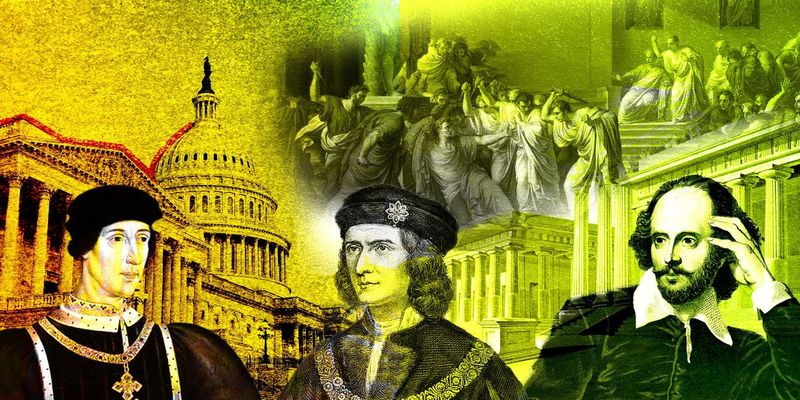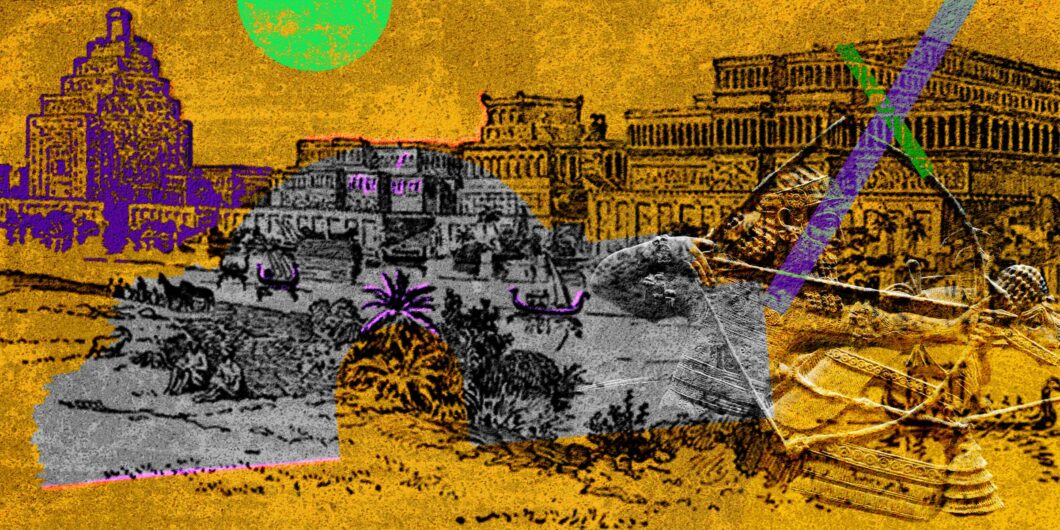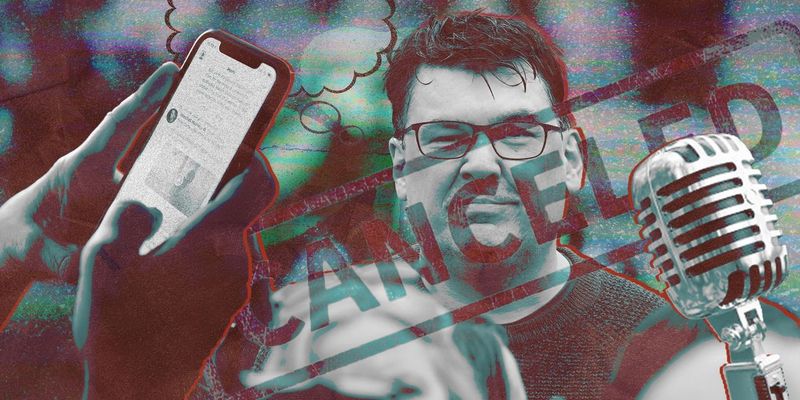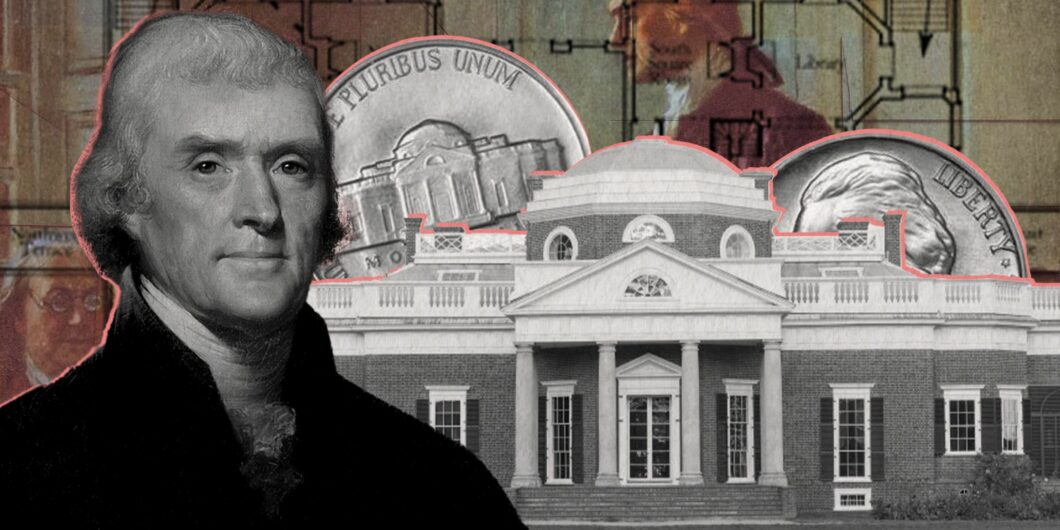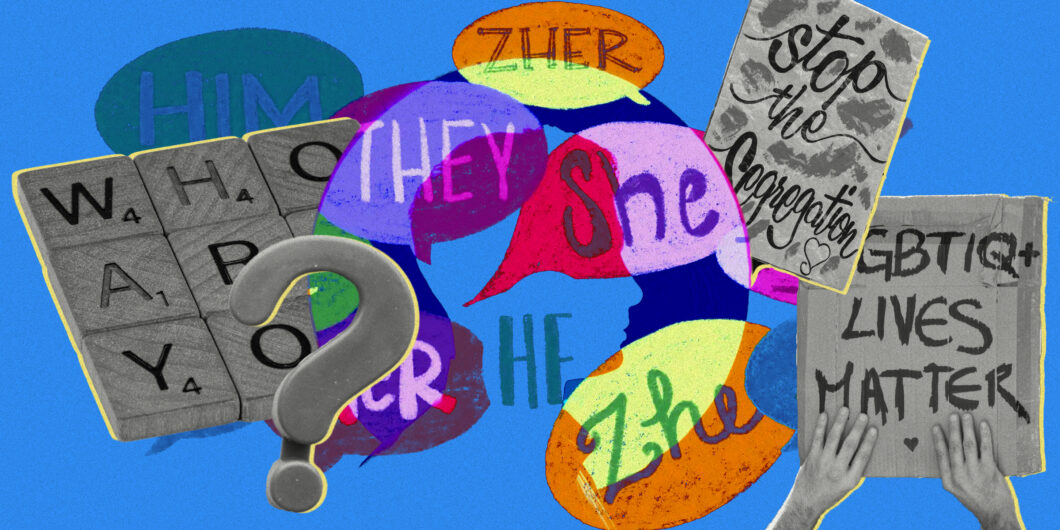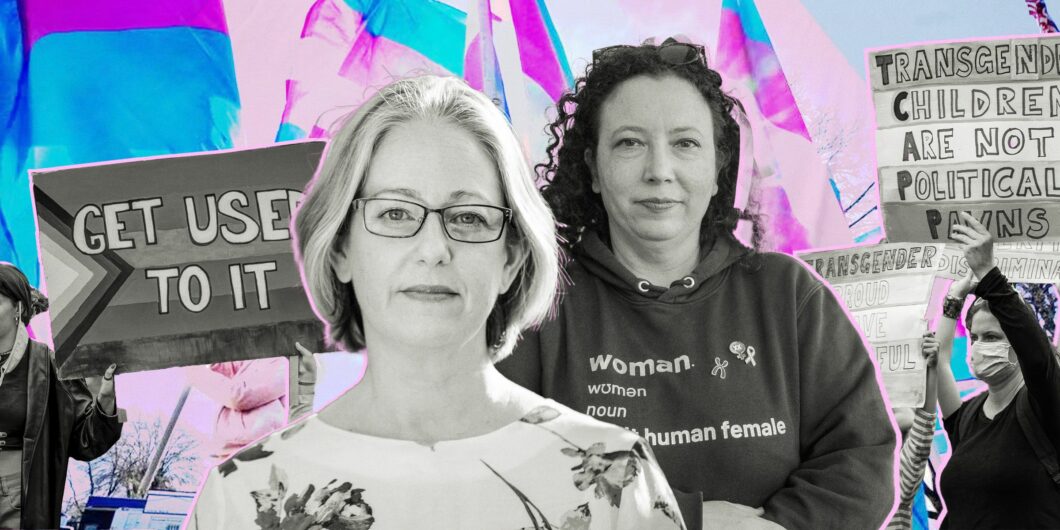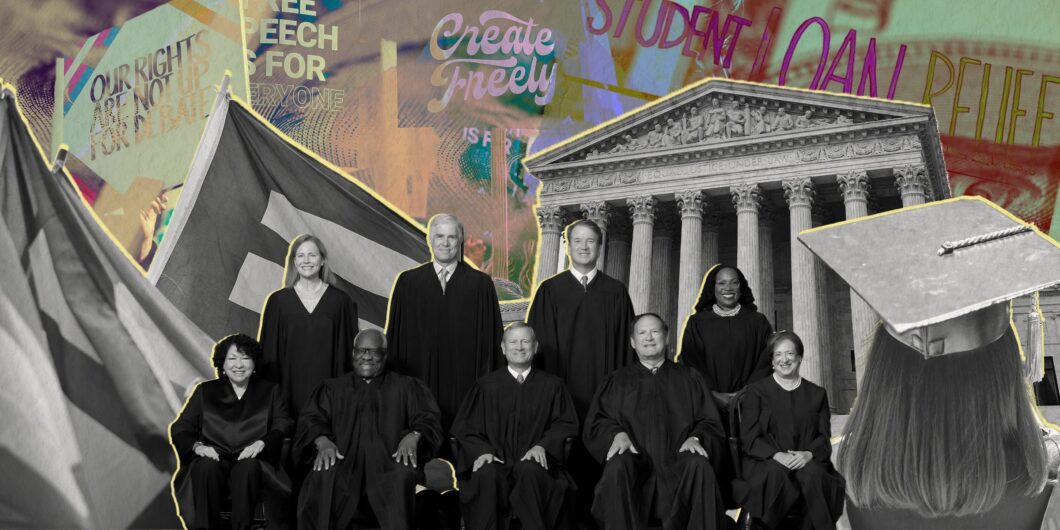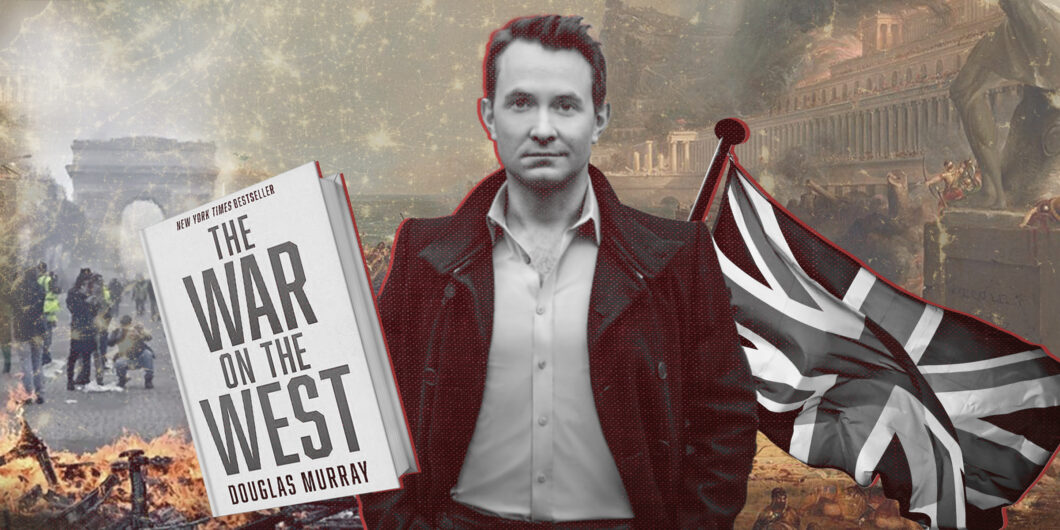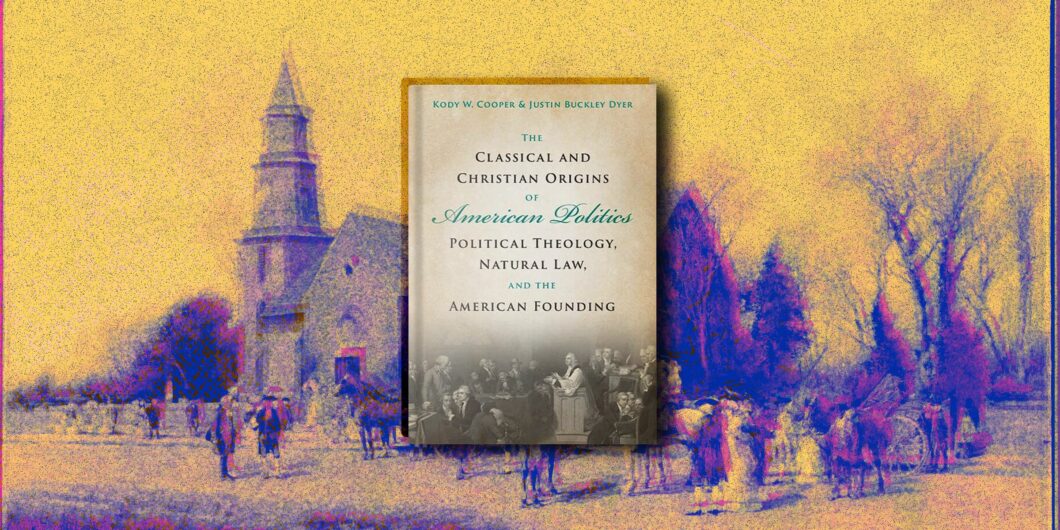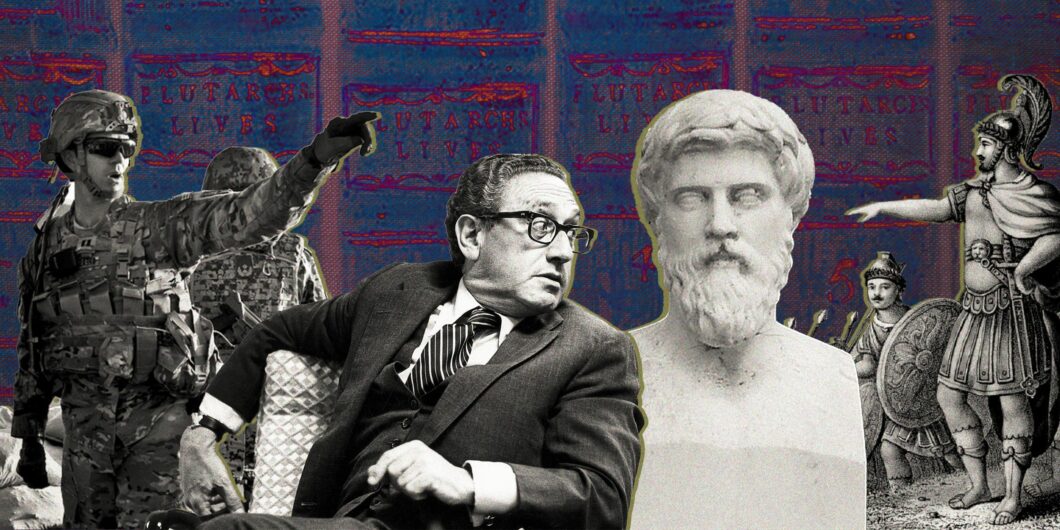Podcasts
Law & Liberty's staff members interview prominent authors and thinkers.
The paradigm we use to understand religious liberty issues in education may be shifting.
Most people want to live in a just society. But that doesn't correspond to contemporary social justice activism.
You invite disaster when you embed a lie at the heart of an institution or law.
Freedom Conservatism rejects the idea that politics is the divvying up of spoils in a zero-sum world.
A newsletter worth reading.
The controversy surrounding recent judicial reforms reflects deep and longstanding divisions on the role courts in Israeli society.
As attacks on its legitimacy intensified, the Court issued important opinions on free speech, the administrative state, and our colorblind Constitution.
The cultural and racial discourse of the West increasingly distorts our moral judgment and self-understanding.
The American founders inherited a rich tradition from the classical and Christian world.
From Plutarch to Kissinger, we continue to learn from studying the lives of great statesmen.
Whether you're looking at the Romans or today, perceiving difference is difficult yet essential for understanding our world.
